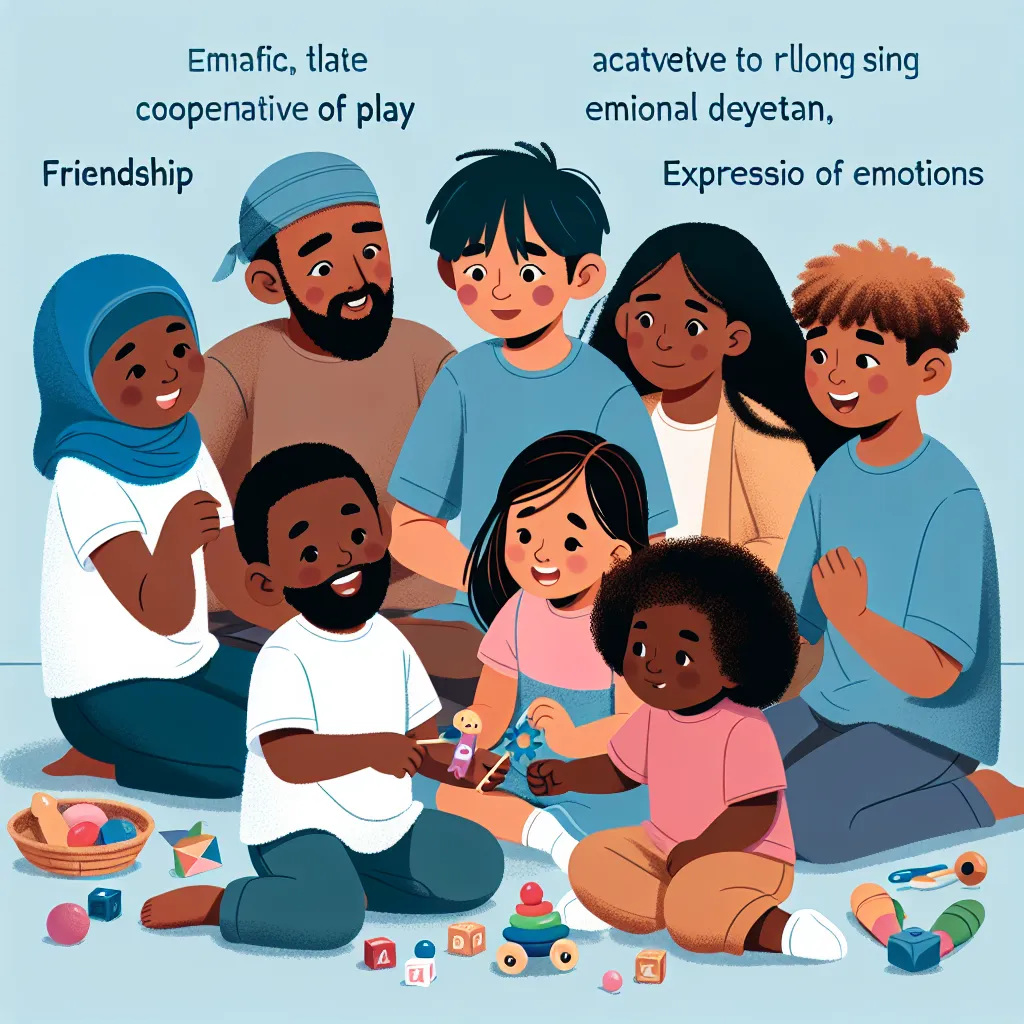The Importance of Play in Early Childhood Development
Play is an essential aspect of early childhood development and plays a crucial role in shaping a child’s physical, cognitive, social, and emotional well-being. The importance of play in early childhood development cannot be overstated, as it lays the foundation for various skills and abilities that are vital throughout life. Through play, children learn to explore the world around them, develop their creativity, build social connections, and enhance their problem-solving skills.
One of the key benefits of play in early childhood development is its impact on cognitive growth. When children engage in imaginative play, they are able to practice and enhance their language skills, memory, and executive functioning. Furthermore, play provides opportunities for children to learn and understand complex concepts such as cause and effect, spatial relationships, and mathematical principles in a hands-on and enjoyable manner.
Moreover, play is essential for the development of social and emotional skills in young children. Through play, children learn to express themselves, regulate their emotions, and interact with their peers. Cooperative play, in particular, enables children to understand the importance of teamwork, negotiation, and conflict resolution – skills that are invaluable in their future relationships and interactions.
In conclusion, the significance of play in early childhood development cannot be emphasized enough. It serves as a vehicle for holistic growth, fostering the physical, cognitive, social, and emotional development of children. Therefore, providing ample opportunities for play is crucial in ensuring the well-rounded development of young children.
How Play Supports Cognitive and Social Development in Children
Play is an essential component of a child’s development, supporting cognitive and social growth in various ways. Through play, children have the opportunity to engage in problem-solving activities, which help to enhance their cognitive abilities. Activities such as building blocks, puzzles, and memory games enable children to develop their critical thinking skills and enhance their memory capacity.
Furthermore, play also plays a crucial role in the social development of children. When engaging in imaginative play, children learn to take on different roles and perspectives, which aids in the development of empathy and understanding of others. Cooperative play, such as playing with other children in a team or group, helps children learn important social skills such as communication, negotiation, and collaboration.
Research has shown that children who have ample opportunities for play exhibit better problem-solving abilities, improved social skills, and enhanced creativity. Therefore, it is essential for parents and educators to recognize the significance of play in a child’s overall development and provide them with the time and space for unstructured play activities.
The Role of Imaginative Play in Language and Emotional Development
Imaginative play plays a crucial role in a child’s language and emotional development. When children engage in pretend play, they are not only having fun, but they are also actively developing their language skills. During imaginative play, children often take on different roles and personas, which requires them to use language in various contexts. Whether it’s playing house, pretending to be superheroes, or acting out a tea party, children are constantly engaging in conversations, giving voice to their characters, and expressing themselves through language.
This type of play also significantly contributes to emotional development. Through imaginative play, children have the opportunity to explore different emotions and learn how to express and regulate them. For example, when pretending to be a doctor, a child may have to comfort a “patient” or show empathy towards a “hurt” friend, thereby practicing important social and emotional skills. Additionally, imaginative play allows children to work through their fears and anxieties in a safe and controlled environment, promoting emotional resilience and well-being.
In summary, imaginative play serves as a powerful tool for language and emotional development in children. Encouraging and supporting this type of play can have long-lasting positive effects on a child’s overall development, laying a strong foundation for their future success and well-being.
Understanding the Benefits of Unstructured Play for Children
Unstructured play is an essential component of a child’s development, providing numerous benefits that contribute to their overall well-being and growth. Unlike structured play, which often involves adult-led activities and predetermined outcomes, unstructured play allows children to explore, create, and learn at their own pace, fostering creativity, imagination, and problem-solving skills.
Through unstructured play, children have the freedom to make choices, take risks, and develop essential social and emotional skills. They learn how to negotiate, cooperate, and communicate with their peers, laying the foundation for healthy relationships and effective collaboration in the future. Additionally, unstructured play enables children to develop resilience, adaptability, and self-regulation as they encounter and overcome challenges in a supportive and non-judgmental environment.
Furthermore, unstructured play promotes physical development by encouraging movement, active engagement, and sensory exploration. It allows children to enhance their motor skills, spatial awareness, and physical fitness while also fostering a sense of joy and accomplishment. Moreover, unstructured play provides opportunities for children to connect with nature, appreciate the outdoors, and engage in unscripted, spontaneous activities that promote a sense of wonder and curiosity.
It is crucial for parents, educators, and caregivers to recognize the immense value of unstructured play in a child’s life and actively support and encourage such experiences. By doing so, they can contribute to the holistic development of children, nurturing their creativity, resilience, and social-emotional skills while fostering a deep appreciation for the joy and wonder of unstructured play.





